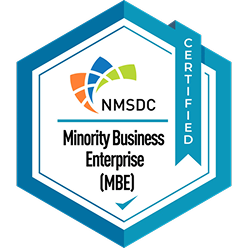

A well-organized digital ecosystem is critical in today’s data-driven world. Yet many organizations struggle with fragmented information, wasted time searching for key details, and inefficiencies caused by poor data structure. Suppose you’re a business leader, data manager, or part of a team that relies on accurate information daily, this may sound familiar. The solution is to utilize metadata management solutions—tools designed to categorize, label, and structure data for easy access and better decision-making.
Metadata has always been the organization’s foundation, from cataloging library books to labeling scientific samples. Its value has risen even more in the digital age, acting as the glue that keeps your data together. In this blog, we’ll look at the role of metadata and why effective management of metadata is critical for enterprises. We will also go over the best metadata management solutions that can transform how you handle your data.
Let’s consider metadata as the invisible hand that organizes and makes sense of the chaos in your data. It’s the key to turning raw information into meaningful insights for businesses. Metadata management tools take this a step further, helping enterprises and startups organize, access, and use data efficiently. But how exactly do they do this? Let’s break it down.
Metadata management refers to the process of organizing and maintaining the descriptive information that defines your data. Think of it as a system for structuring data so it’s easier to find, access, and use effectively. For instance, a retail business organizes customer purchase data by attributes like product category, date, and location, which it can then use to create targeted marketing strategies.
Metadata management tools centralize and standardize data, ensuring it remains consistent, accessible, and accurate. These tools eliminate duplication, enhance compliance, improve data quality, and make it easier for enterprises to extract actionable insights. In essence, they transform scattered information into a cohesive and usable resource.
Without metadata, organizations struggle to extract meaningful insights from their data. Metadata management solutions provide a clear structure, ensuring leaders make confident decisions based on reliable and organized information.
For example, labeling patient records with metadata in healthcare allows doctors to manage diagnosis codes, treatment plans, and follow-up appointments. This structure improves medical delivery, predicts patient needs, and assures correct reporting.
Similarly, industries such as finance and logistics benefit from metadata tools that enable real-time analysis. These tools allow firms to react swiftly to market changes and client requests. By standardizing and centralizing data, these solutions empower organizations to scale operations and improve compliance.
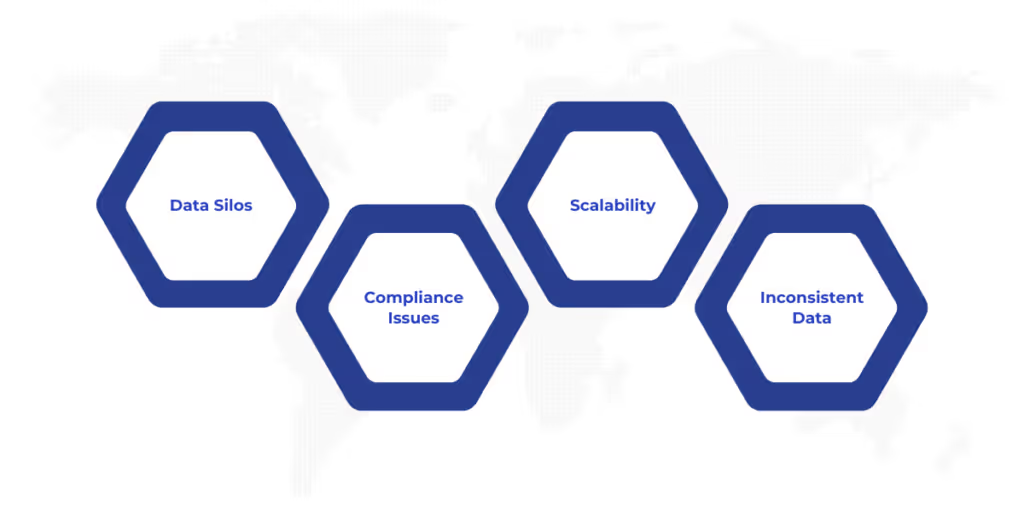
Managing data at scale comes with unique challenges, but metadata management solutions are designed to tackle them effectively:
What makes a metadata management tool truly valuable? It’s the ability to transform disorganized data into actionable insights. Here’s a closer look at the features that make these tools essential for scaling and driving business success.
Metadata management tools streamline operations, ensure compliance, and turn complex data into actionable insights. Here are the core features that make them essential for businesses.
Now that we’ve explored the essential features, let’s look at the top metadata management tools that deliver these capabilities and drive business success.
Choosing the right metadata management tool can transform how businesses handle and utilize data. Here’s a look at the most reliable tools in the industry and what makes each unique:

Azure Purview is Microsoft’s cloud-native metadata management solution, offering seamless integration within the Azure ecosystem and beyond. It enhances data discovery and governance while leveraging AI-driven insights.

Alation is a metadata management tool known for its seamless integration and user-friendly design. With built-in machine learning, it enhances productivity and optimizes workflows. Its intuitive interface reduces onboarding time, making it a top choice for enterprises managing large datasets and improving data discoverability across departments.
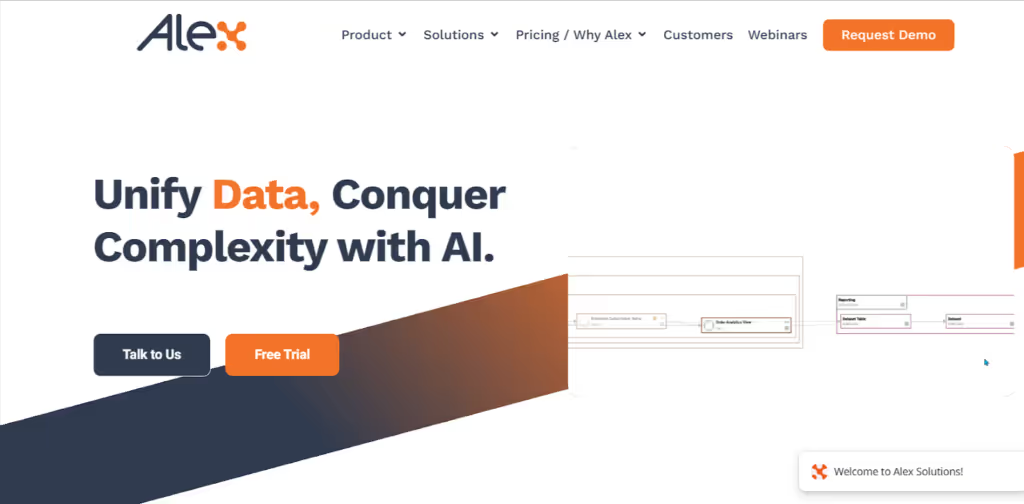
Alex Solutions specializes in data cataloging and lineage tracking, offering advanced governance tools and real-time auditing features. By providing clear data traceability, it helps businesses maintain transparency and comply with regulatory standards. Industries such as finance and healthcare benefit most from its strict auditing and governance capabilities.
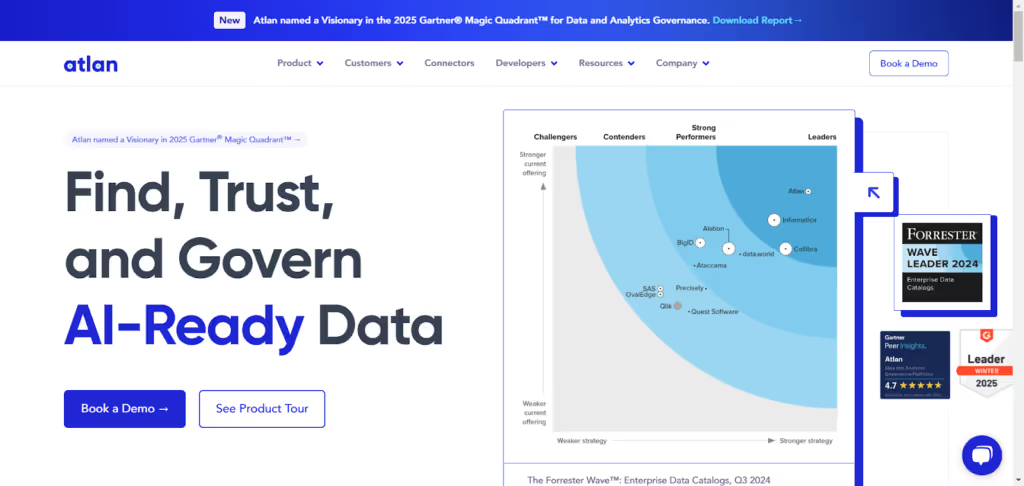
Atlan is a scalable and collaborative metadata management tool designed to adapt to diverse business needs. Its user-friendly design enhances teamwork and efficiency, making it an ideal choice for agile teams, startups, and enterprises.
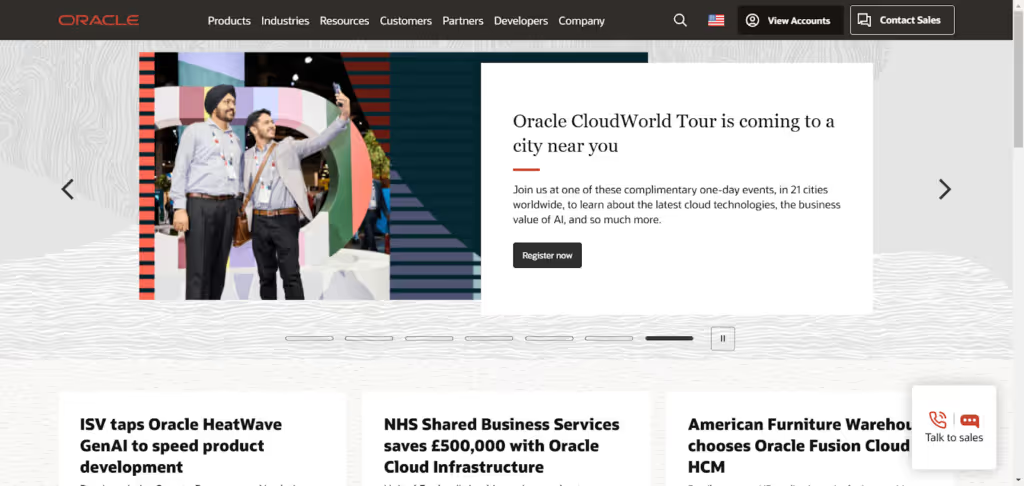
Oracle offers cross-platform compatibility, automated metadata harvesting, and robust security, making it essential for large-scale organizations with diverse IT environments. It is ideal for multinational corporations and enterprises managing massive data volumes.
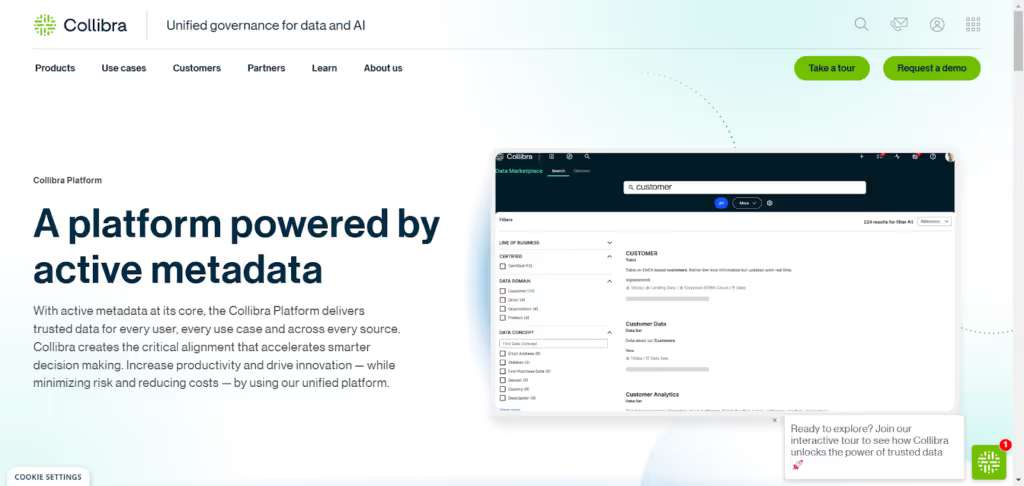
Collibra is renowned for its user-friendly interface and intuitive workflows. It simplifies data governance and enhances metadata accessibility. By empowering teams to organize and access data without requiring technical expertise, Collibra ensures seamless governance. It is particularly suitable for mid-sized businesses and enterprises looking to enhance their data governance efforts teams.

Erwin optimizes metadata management through the automation of repetitive tasks, guaranteeing accuracy and consistency. Its automation features free up time for data teams, making it a perfect choice for businesses that prioritize operational efficiency and metadata standardization.

As an established leader in the industry, Informatica is a go-to choice for organizations looking for comprehensive solutions. With a strong focus on integration and profiling, it ensures consistent and reliable metadata management, even in complex environments. It is best suited for large organizations needing end-to-end metadata solutions.
With the top tools covered, it’s time to examine the specific benefits these metadata management solutions offer businesses seeking better data organization and insights.
A well-rounded comparison helps businesses weigh critical factors like pricing, scalability, and vendor reliability. Let’s break down the key considerations to help you make an informed decision.
Budget plays a crucial role in deciding on the ideal tool. While some tools, like Atlan, offer cost-effective solutions for smaller businesses, premium options like Informatica are better suited for enterprises with larger budgets. Before finalizing, it’s essential to evaluate licensing models, hidden costs, and ROI.
A growing business needs tools that can scale alongside its data demands. Tools like Alation and Alex Solutions excel in scalability and offer extensive customization. They cater to businesses needing tailored features or support for expanding data environments.
The level of vendor support can make or break the experience. Collibra and Oracle are known for their reliable customer service and extensive support networks. This ensures smooth onboarding, troubleshooting, and long-term maintenance. Always assess service reviews and vendor reliability before committing.
Understanding these factors is just the beginning. Next, we’ll discuss the key considerations businesses should evaluate before deploying a metadata management tool to ensure long-term success.
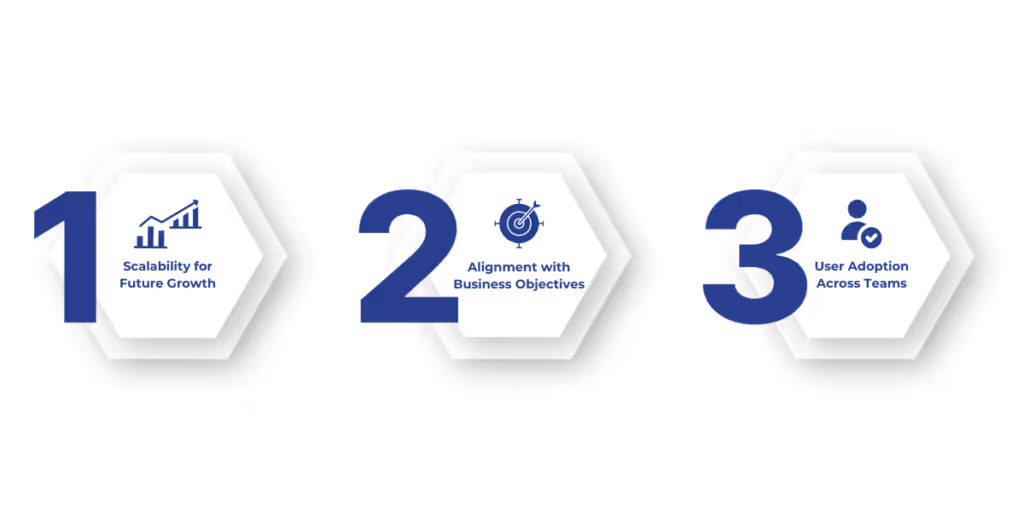
Metadata management tools can transform disorganized data into a strategic asset. However, their effectiveness depends on selecting and applying the right tool to drive measurable outcomes.
Metadata management is no longer a luxury; it is now necessary. The capacity to arrange, retrieve, and evaluate metadata determines how effectively companies function in a time when data drives choices. By selecting the appropriate solutions, businesses can improve compliance, expedite processes, and acquire the agility to surpass rivals.
However, selecting the right metadata management tool is just the beginning. Successful implementation requires alignment with organization goals, seamless integration, and team adoption. This is where WaferWire can be your trusted partner.
With expertise in guiding businesses through complex digital transformations, we don’t just deliver tools—we provide solutions. Whether you’re a mid-market enterprise or a scaling SMB, our team crafts tailored strategies to help you maximize the value of your metadata investments.
Don’t let your data go untapped. Let us empower you to harness metadata as a competitive advantage. Contact us today to transform the way your organization handles data.
